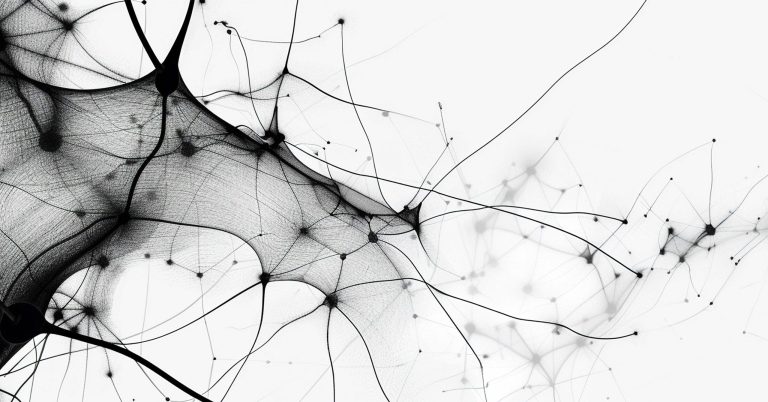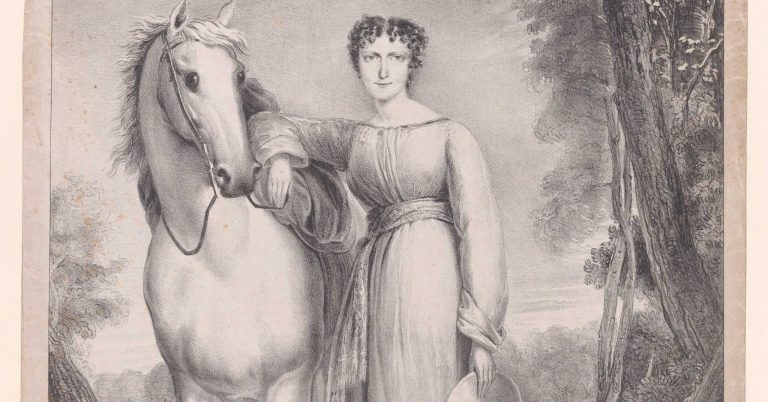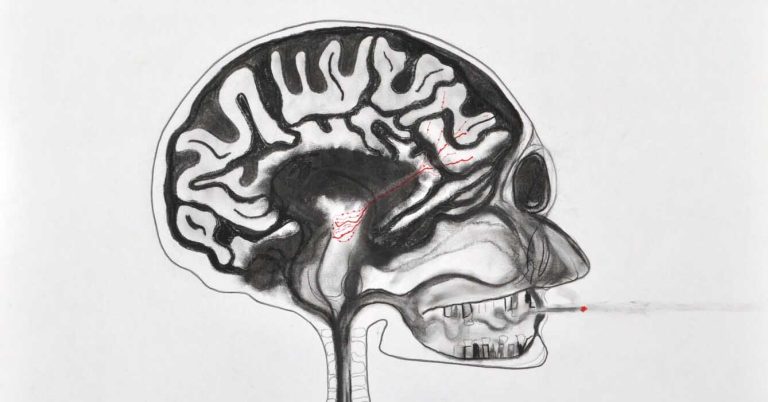
2025 marks the centenary of the birth of Gilles Deleuze. Throughout the year, we’ll be taking the opportunity to explore the impact of this towering figure in twentieth-century philosophy.
As part of this celebration, we’re publishing a series of blogs from leading Deleuze scholars. Read on to discover reflections from Dorothea Olkowski, who has been at the forefront of North American Deleuze studies since the 1994 publication of Gilles Deleuze and the Theater of Philosophy.
Find out more about our centenary celebrations.
By Dorothea Olkowski
Gilles Deleuze would have been 100 years old on 18 January 2025. Of course, in November it will be 30 years since his death in 1995. Already so long ago. I have a short letter from Deleuze that he wrote to me after I contacted him to ask his opinion of the volume I was fortunate to coedit with my friend of now many years, Constantin Boundas: Gilles Deleuze and the Theater of Philosophy. With an international cast of contributors, it was the first English language edited collection and is an important contribution to what was then the inception of Deleuze studies, now Deleuze-Guattari studies. In his letter, handwritten in a sideways-scrawling, nearly unreadable script, Deleuze seemed to wish to dispel any worries Costas and I might have about the volume and his reception of it. He writes that he is very pleased (très content) with the essays and that it seems to him that there is great interest in his work with respect to American philosophy. At the time, I didn’t quite understand the full meaning of this. But now, having extensively examined Deleuze’s connection to Charles Peirce, I get it, and only wish that I had understood this sooner. He ends by conveying his gratitude to everyone who participated in the project and offers his most sincere sentiments. Very kind, very generous.
Deleuze’s Grand Style
Some time after these events I read some advice Deleuze gave to philosophers – I don’t recall where or to whom it was addressed, but it must be fairly well-known. It had to do with someone else who, like me, asked if he was satisfied with what they had written about his work. In his response, Deleuze writes that yes, it’s good, but that the person should do their own work and create some new ideas. I took this to heart for my book, The Universal, so much so that it seems to be written in code that remains challenging to crack. Still, Deleuze’s style was my model. Deleuze’s grand style. A grand style is interesting, remarkable, unusual, and sets out a new image of thought independent of ‘ready-made thought.’ As articulated by Alain Badiou, it must also include a rigorous mathematics. Certainly, as I have argued as early as The Universal, Deleuze meets this criterion. In Difference and Repetition, Deleuze utilizes mathematical dynamical systems to conceptualize an immanent, relatively closed, atomistic and reversible system that is not immediately reduced to entropic equilibrium because its processes take place on the molecular level, at speeds which he hypothesizes are beyond the speed of light. He postulates a manifold, a sphere of immanence that is the entire universe and not merely Earth or our solar system. It is a system governed by sensitivity to initial starting points and unstable boundaries, thus it is chaotic as well as probabilistic.
The Dark Precursor and Capital
What makes Deleuze’s work so challenging and exciting is that it doesn’t stop with this. The Logic of Sense connects these mathematical concepts to nature, to the physical world. Referring both to Lucretius and to classical physics, Deleuze argues that although the sum of atoms (or particles in physics) is infinite, they do not form a totality. Instead, atoms fall in the void and collide with one another, and these collisions produce motion – the clinamen. Even so, it seems that Félix Guattari acted on Deleuze as a clinamen of this nature – knocking him off the path of mathematical and physical certainties and moving him into a new manifold of probabilities. Anti-Oedipus proposes to rupture capital and oedipal institutions by joining art and science together as both are contingent and thus independent of sovereign control, exceeding the exhaustive powers of understanding to regulate appearances. If the sum of atoms do not form a totality, this is because Nature’s laws are conjunctive, expressed through ‘and’ not ‘is.’ And also, because they are associative, serving to limit one another. Thirdly and perhaps most importantly, Nature is the production of the disjunctive – always disjunctively disjoining everything that has been connected. This is the dark precursor. Deleuze and Guattari seem to say that the type of dynamical system that has resulted in capitalism is itself the result of contingencies and accidents, and that given the model for Earth and the Tyrant, the arrival of capitalism could not have been predicted with certainty. Yet, given their claim that dynamical systems often model natural systems, they also conclude that, ‘capitalism has haunted all forms of society.’
The Refrain
This pushes them even harder to create new models for Nature including human nature. Volume two of Capitalism and Schizophrenia is precisely this opportunity. It is the site where Deleuze and Guattari are willing to envision the existence of the ‘Platonic evidence of a dialectic superior to mathematics.’ Consisting of some fourteen plateaus, if not one thousand, this work takes up the challenge of creating new images of thought. From rhizomes to nomads, the aesthetic model makes a substantial appearance in many of these plateaus. For me, the Refrain is one of the most open and creative. The universe is full of refrains, differential and rhythmical patterns spiraling from and back out into the cosmos. The Refrain moves; it is what a regime of signs can do. In the Refrain, the artist, poet, philosopher or scientist discerns the immaterial, nonformal, and energetic forces of the cosmos, expressive qualities – forms of expression in shifting relations. Something that once seemed stable and fixed suddenly becomes autonomous as connections and associations come apart and transform. None of this is attributable to behavior, innate tendencies, or education. In this rhizomatic and molecular way, Earth and its people might exist not merely as inhabitants of Earth but as inhabitants of the Cosmos. Given our current realities, if it’s not too late, Earth and its people must find new ways to create, not merely as Earthly, but as cosmological inhabitants.
About the author
Dorothea Olkowski is Distinguished Professor of Philosophy and former Chair of Philosophy at the University of Colorado, Colorado Springs. She is the author of Deleuze, Bergson, and Merleau-Ponty: The Logic and Pragmatics of Affect, Perception, and Creation (Indiana UP, 2021), Postmodern Philosophy and the Scientific Turn (Indiana UP, 2012), The Universal (In the Realm of the Sensible) (Edinburgh UP, 2007), Gilles Deleuze and the Ruin of Representation (University of California Press, 1999), and is co-editor with Constantin Boundas of Gilles Deleuze and the Theater of Philosophy (Routledge, 1994). She has been at the forefront of North American Deleuze studies in recent decades, and has also edited books on Merleau-Ponty and French Feminism.
Find out how Edinburgh University Press is celebrating 100 years of Gilles Deleuze






